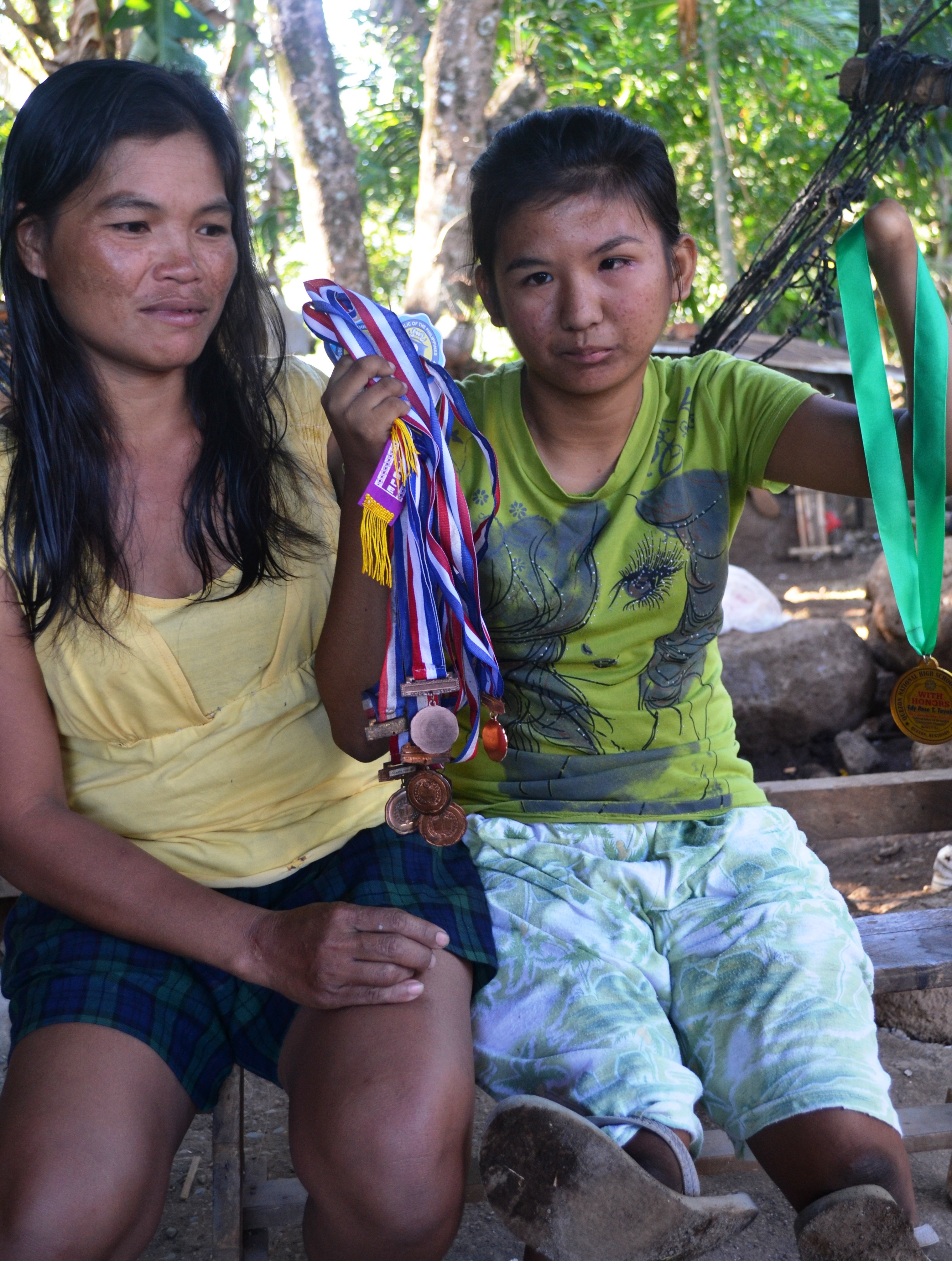By JAKE SORIANO
DESPITE a drop in the number of smokers, the Philippines still needs to adopt “more drastic measures” to further reduce tobacco use, said an anti-smoking advocate and cancer survivor.
Emer Rojas, who uses an electrolarynx and is described as a walking graphic health warning against smoking, said measures such as raising the minimum legal age for cigarette buyers to 21 and prohibiting the sale of cigarettes by the stick would dramatically reduce consumption.
In the Philippines, the minimum legal sale age for tobacco products is 18 years old. The country is one of only a few places where cigarettes are peddled by the stick.
“More drastic measures must be adopted to be at par with worldwide trends,” Rojas told VERA Files.
The World Health Organization (WHO) in March reported a decline in tobacco use globally.
In its Global Report on Trends in Tobacco Smoking, the WHO projected the number of non-smokers aged 15 years above to increase from 78 percent of the world population in 2010 to 81 percent by 2025.
“Non-smoking is becoming the new norm worldwide,” it said in a news release.
In the Philippines, it estimated that around 28 percent of the population smoked in 2010 and projected this to decrease to 21 percent by 2025.
“A survey conducted late last year shows that tobacco prevalence among the youth was reduced by three percent presumably because of higher cigarette prices due to the sin tax law,” noted Rojas.
Himself once a heavy smoker, Rojas was diagnosed with throat cancer, lost his natural voice, and now speaks through an electrolarynx.
He is now a global cancer ambassador and president of the New Vois Association of the Philippines, a nonprofit advocating for cancer support, tobacco control and rights of persons with disabilities (PWDs).
Rojas also represents the PWD sector to the National Anti-Poverty Commission.
In its report, the WHO has called tobacco “the only legal drug that kills many of its users when used exactly as intended by manufacturers.”
It said tobacco use is associated with ill-health, disability, chronic diseases and death.
It estimated that some six million people worldwide die every year because of tobacco use, with many of the deaths premature.
Last March, the Department of Health and Department of Finance bagged the Bloomberg Philanthropies Award for Global Tobacco Control during the World Conference on Tobacco or Health in Abu Dhabi.
The award honors the work of governments and nonprofits in implementing tobacco control measures contained in the WHO Framework Convention on Tobacco Control (FCTC).
Health groups lauded the win.
“This award to the Philippines recognizes the government’s compliance with its obligations under the FCTC and is both a pat on the back for protecting public health by increasing tobacco taxes but also a challenge to sustain the gains of the sin tax law,” said Ulysses Dorotheo, FCTC program director of Southeast Asia Tobacco Control Alliance (SEATCA).
“The sin tax law (RA 10351) is a life-saving measure that is recognized worldwide. We are glad that the country has become a global role model for increasing tobacco taxes,” said Irene Reyes, managing director of nonprofit HealthJustice.
President Benigno Aquino III signed RA 10351 in December 2012.
Despite the gains, problems remain in the fight for tobacco control in the country and worldwide.
Rojas said the Philippines still ranks among the highest in Southeast Asian in smoking prevalence, with cigarette prices in the country among the cheapest.
Globally, the WHO has noted “an ominous trend” in tobacco control resistance by industries.
Said WHO Director General Margaret Chan: “In some countries the battle between tobacco and health has moved into the courts.”
“Governments wishing to protect their citizens through larger pictorial warnings on cigarette packs or by introducing plain packaging are being intimidated by industry’s threats of lengthy and costly litigation,” Chan added.
Said Rojas, the graphic health warning law, once fully implemented in the Philippines, may further reduce tobacco use.
“Let us all help in saving lives through life-saving health measures,” he said.


















